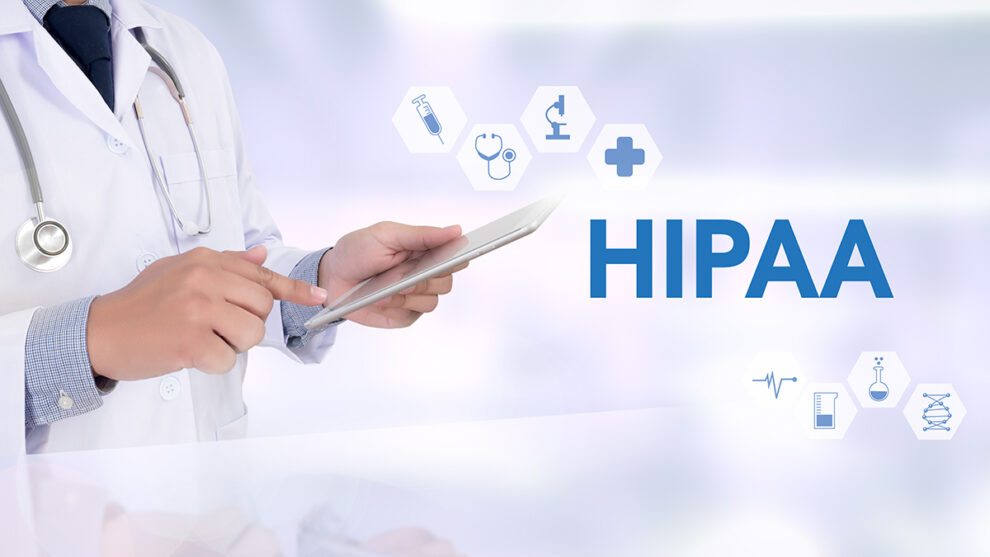It is indeed true when people say ‘health is wealth’. A long lasting life is all that we aspire to have, so eating healthy, exercising and getting an annual check up at the doctor’s clinic is always essential. But did you know that keeping your health information private is important as well? There are many laws that protect an individual’s information because it should be kept confidential. Any form of disclosure without the consent of the patient or individual is subject to consequences that violate the Health Insurance Portability and Accountability Act. Whether it is texting or email, any sort of information shared by an individual may be a violation of HIPAA. This article will give you a HIPAA compliant texting solution to ensure that your texts and emails do not violate HIPAA.
What is HIPAA?
The HIPAA or Health Insurance Portability and Accountability Act of 1996 is a federal law that protects a patient’s sensitive health information. There is a privacy rule that addresses the use and disclosure of protected health information. It is also a rule in which individuals can state that they have the right to control how their private health information is used. The main goal of the Privacy Rule is to ensure that an individual’s information is safe and protected, as well as used to its full potential for proper use for medical reasons to promote high quality healthcare. There are many entities such as organizations that are affected by the privacy rule. Healthcare providers, no matter the practice who transmit health information, Health plans that provide medical care such as health, dental, and health maintenance organizations such Medicare, Medicaid, Medicare+Choice and many more, Healthcare clearinghouses, and business associates that disclose health information for activities and services are all covered by the Privacy Rule.
Before preventing any violations, we must know the following reasons for HIPAA violations:
- Theft – many devices are being stolen everyday, it may be your laptop or phone, but people can access your private information and potentially disclose this to anyone.
- Gossip – Watch out for employees that gossip about certain information. Ultimately, they should be mindful of their conversations in the workforce.
- Lack of Training – If you are a professional, you should be able to know what HIPAA is in general. You must lack professionalism if you disclose an individual’s health information.
- Authorization Requirements – Some people might plan on getting away with letting individuals sign authorization letters to disclose health information. Make sure that before signing anything, you read the whole thing.
How to Prevent HIPAA
1. Secure Mobile Devices
Before anything else, it is important to keep your devices secure. A common problem is that a patient may disclose health information via text or email, or their doctor might contact them for medical reasons, and their device gets stolen. Make sure that if you have a device that can potentially be stolen, to keep a difficult password.
2. Store Your Files Properly
Keeping information on the cloud is said to be safe, but it would be much safer when you store private information such as documents in a hard drive or a flash disk.
3. Enable Firewalls
When a device has been stolen, encryption and firewalls serve to protect your private information. Make sure that it is up-to-date.
4. Social Media
Social Media is a powerful thing. Be careful what you share online, there might be people who would want to steal and share information about you.
5. Educate about HIPAA
Some employees do not understand that there are laws such as HIPAA that they may violate by gossiping. They should be taught basic information to prevent any of this happening.








Add Comment